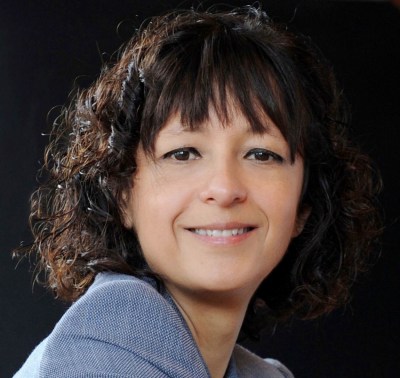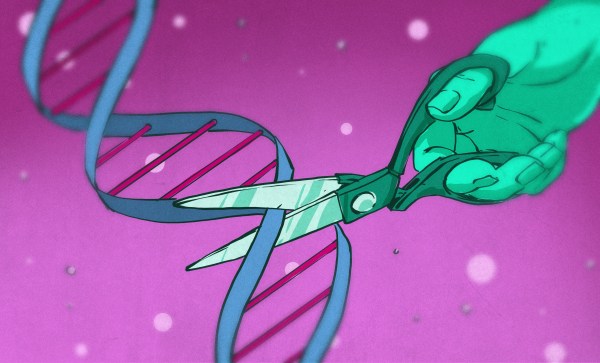It sounds like science fiction — and until 2012, the ability to cheaply and easily edit strings of DNA was exactly that. But as it turns out, CRISPR/Cas9 gene editing is a completely natural function in which bacteria catalogs its interactions with viruses by taking a snippet of the virus’ genetic material and filing it away for later.
Now, two women have won the 2020 Nobel Prize in Chemistry “for developing a method for genome editing”. Emmanuelle Charpentier and Jennifer Doudna leveraged CRISPR into a pair of genetic scissors and showed how sharp they are by proving that they can edit any string of DNA this way. Since Emmanuelle and Jennifer published their 2012 paper on CRISPR/Cas9, researchers have used these genetic scissors to create drought-resistant plants and look for new gene-based cancer therapies. Researchers are also hoping to use CRISPR/Cas9 to cure inherited diseases like Huntington’s and sickle cell anemia.
The discovery started with Emmanuelle Charpentier’s investigation of the Streptococcus pyogenes bacterium. She was trying to understand how its genes are regulated and was hoping to make an antibiotic. Once she teamed up with Jennifer Doudna, they found a scientific breakthrough instead.

Emmanuelle Charpentier Fights Flesh-Eating Bacteria
Emmanuelle Charpentier was born December 11th, 1968 in Juvisy-sur-Orge, France. She studied biochemistry, microbiology, and genetics at the Pierre and Marie Curie University, which is now known as Sorbonne University. Then she received a research doctorate from Institut Pasteur and worked as a university teaching assistant and research scientist. Dr. Charpentier is currently a director at the Max Planck Institute for Infection Biology in Berlin, and in 2018, she founded an independent research unit.
Upon completion of her doctorate, Dr. Charpentier spent a few years working in the States before winding up at the University of Vienna where she started a research group. Her focus was still on the bacteria Streptococcus pyogenes, which causes millions of people to suffer through infections like tonsillitis and impetigo each year. It also causes sepsis, which officially makes it a flesh-eating bacterium.












